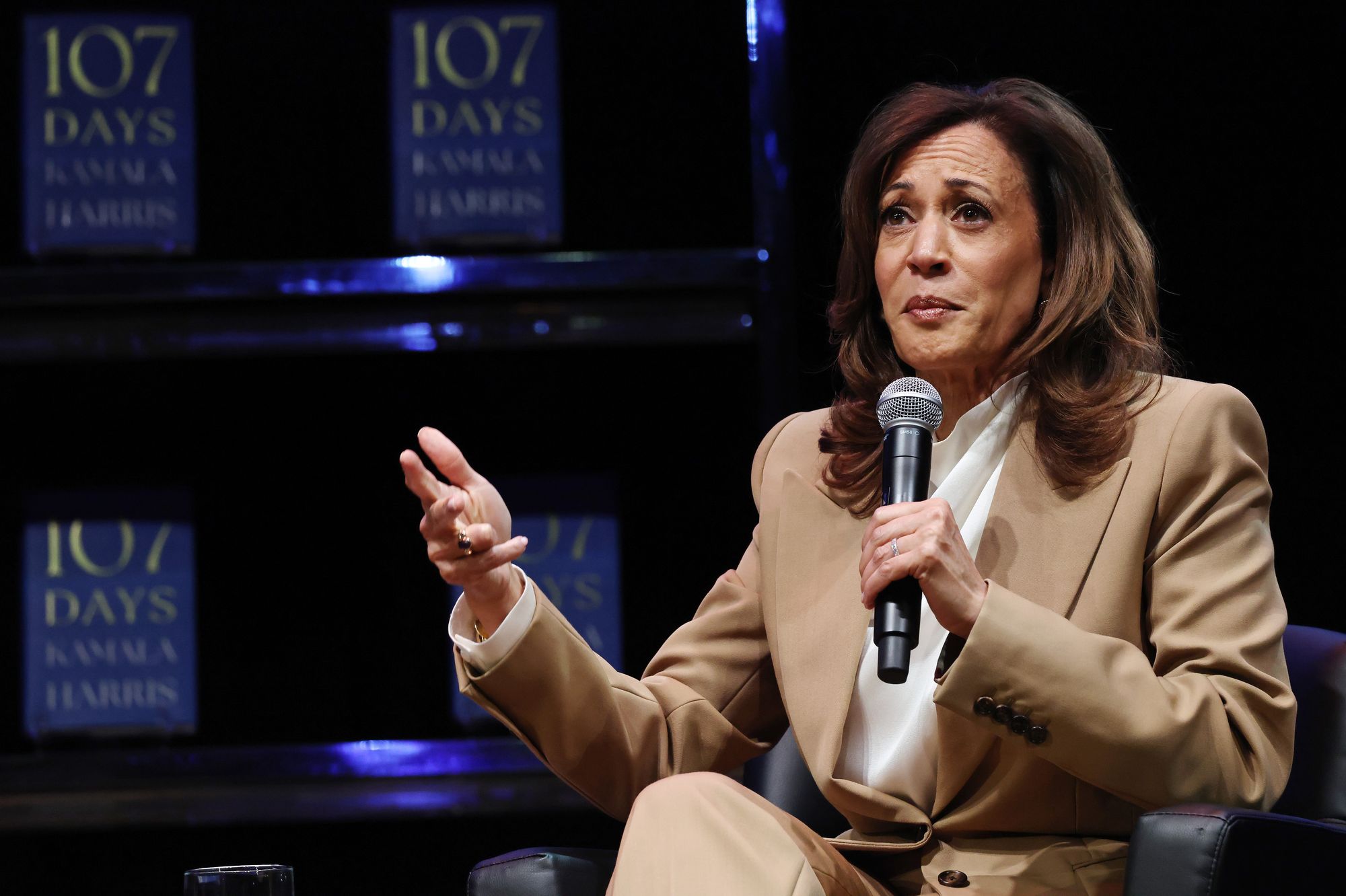An overwhelming majority of American voters believe it’s important to elect more women to political office, but younger voters are the least open to voting for a woman as president, according to a new poll.
Despite broad support for more women in office across all demographics, Americans under 50 are the least likely to elect a woman president themselves, according to survey results from American University.
Nearly one in five voters said they or someone with whom they are close would not vote for a woman as president — including one-quarter of women under 50 and nearly 20 percent of men under 50. Only 13 percent of men and women over 50 said they would support a woman candidate.
The survey of 801 registered voters through the university’s Women and Politics Institute was performed online from September 3-6 and has a 3.5-point margin of error.
Despite wide majority support for more women in politics, the survey reveals paradoxical thinking among voters, who trust women on critical issues and want to see more of them in office while “persistent bias” and narrow expectations emerge when it comes to envisioning them as president.

Expectations for a “first female president” are narrowly defined, with the picture of a married Democratic mother under 65 with political experience as a model candidate, the survey found.
Women candidates also face a “double bind” where survey respondents want women to be both “tough” and “likable” in standards that are not typically applied to their male counterparts, the poll found.
Republican men are more likely to believe women achieve leadership roles due to alleged hiring quotas or through manipulation, while women are more likely to see structural barriers and an “old boys’ club” as well as negative media scrutiny and self-doubt as key deterrents that prevent more women in politics.
The survey — arriving nearly one year after former Donald Trump defeated former Vice President Kamala Harris in the 2024 presidential race — also found that respondents are divided on whether her candidacy has made it easier or harder for a woman to become president.
Democratic, Republican and independent women were nearly evenly divided on the question, though 45 percent of Republicans overall — including 47 percent of Republicans over age 65 — believed her loss has made it less likely the country will elect a female president.
Nearly 60 percent of Democratic voters, however, said her campaign will make it more likely that a woman president will be elected in the future.
The survey also noted that while only one-third of voters listen to “bro culture” podcasts — the so-called “manosphere” media that put Trump in front of millions of young listeners in 2024 — they are overwhelmingly popular with people under age 50. More than three-quarters of people aged 50 and older did not listen to those podcasts within the last year.
Four in five of those who listen to those podcasts believe they affected the election’s outcome.
Eighty-two percent of listeners say those podcasts affected the results “a great deal” or “a fair amount.” Only 16 percent overall said they have no impact.
